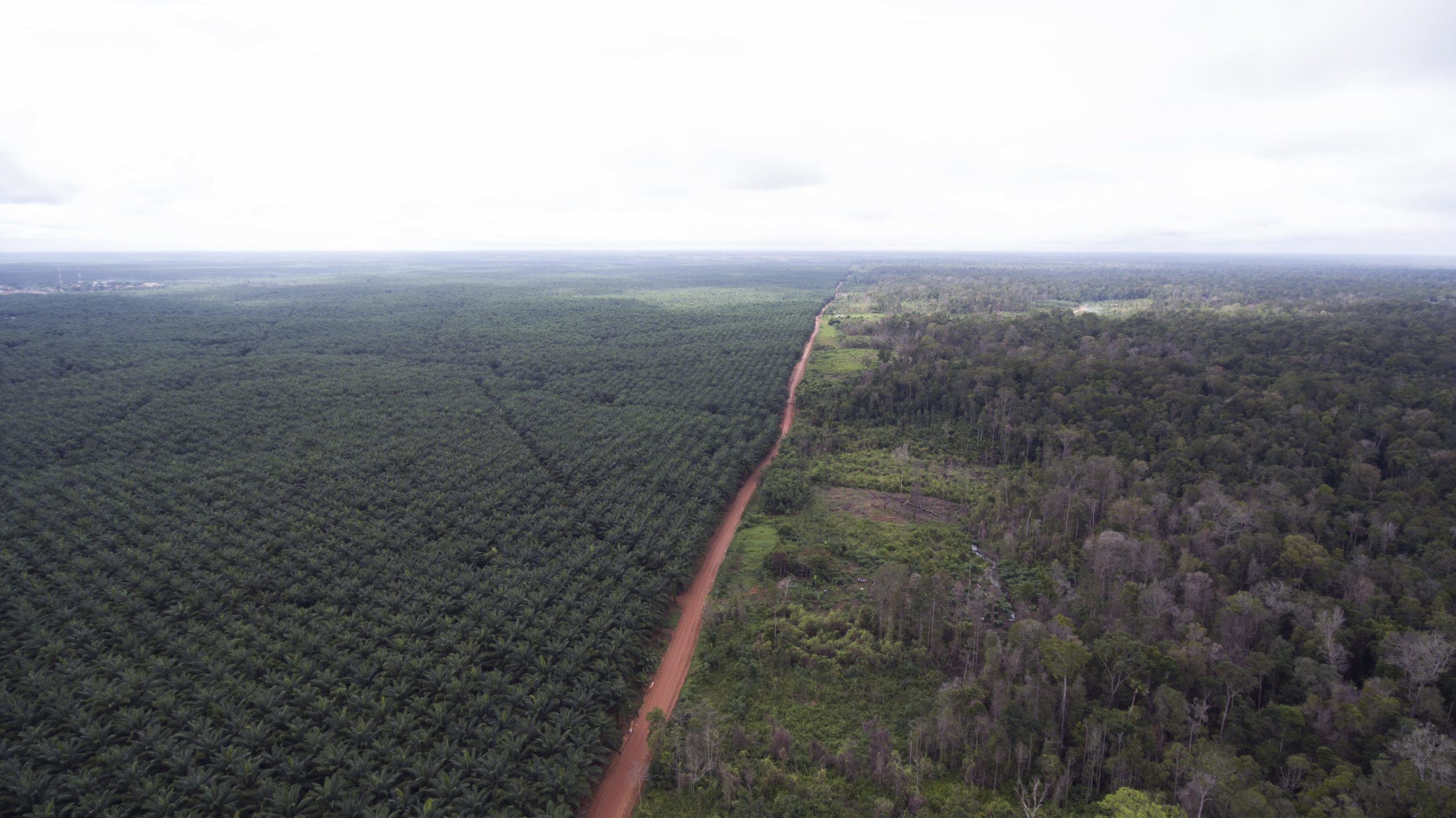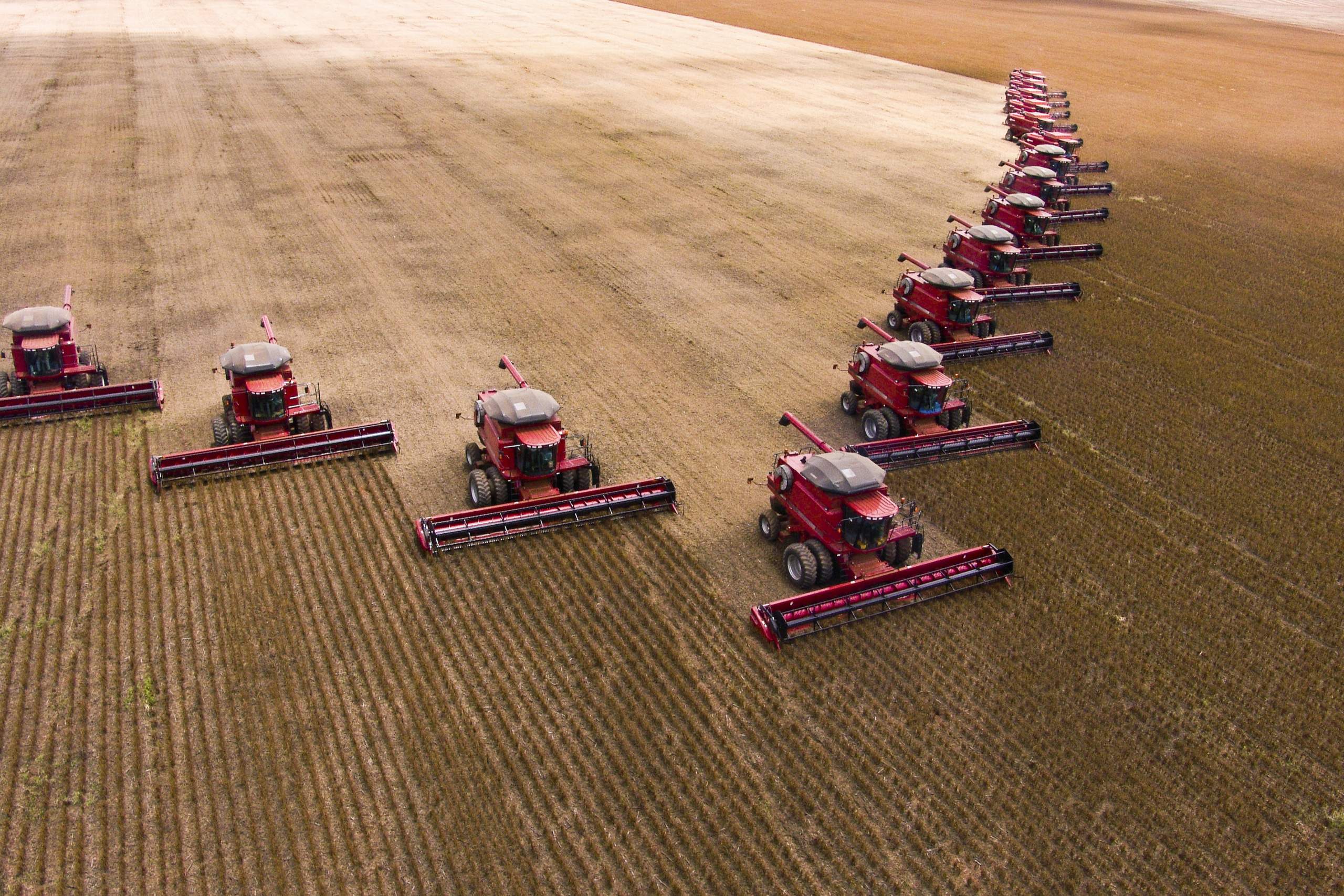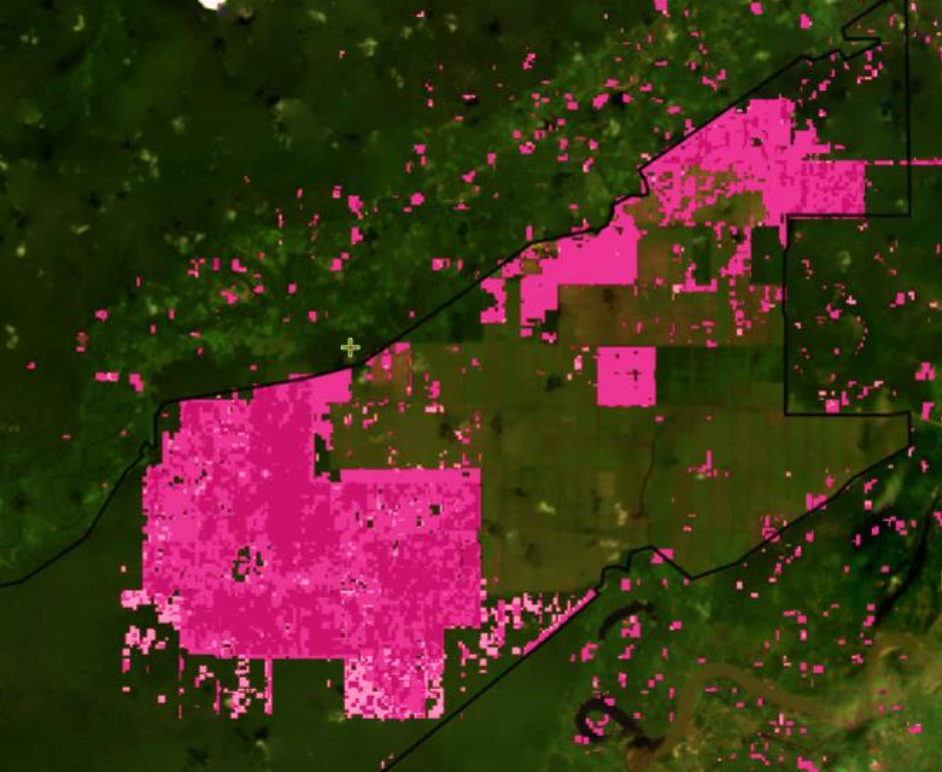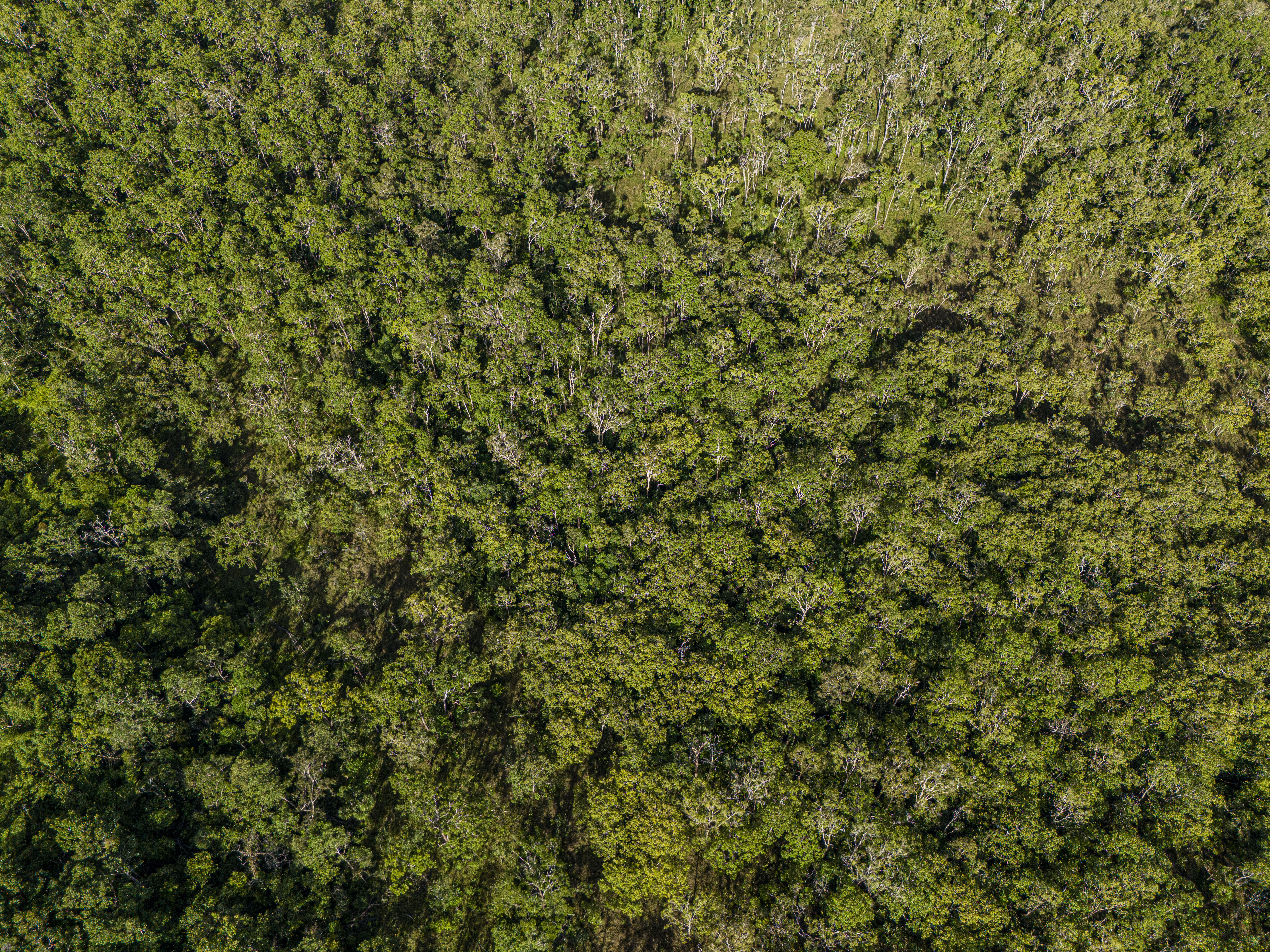
Major Rogue Player in Southeast Asia’s Palm Oil Industry Announces Zero Deforestation Policy
Move follows years of public campaigning by NGOs and market suspensions
BLD Plantation Bhd, a major palm oil producer and refiner operating in Sarawak, Malaysia, has announced a Sustainability Policy committing to “No Deforestation, No Development on Peat, and No Exploitation” (NDPE). The policy covers the company’s own operations and those of its third-party suppliers. BLD has been identified as one of the worst deforesters in the Southeast Asian palm oil industry by both Mighty Earth’s Rapid Response Monitoring System findings and Chain Reaction Research’s analysis.
“BLD might not be a household name, but for years its palm oil has ended up in snacks, soaps, and gas tanks around the world,” said Mighty Earth Senior Campaign Director Deborah Lapidus. “We commend BLD for taking this step and believe it is a sign of the transformation underway in the palm oil industry toward greater responsibility. However, Mighty Earth and other NGOs as well as BLD’s own customers have been urging BLD to end its peatland destruction since at least 2015 and have repeatedly found it clearing until as recently as December 2018. At this point, BLD has cleared almost all of its plantation. In order for BLD’s policy to have teeth, the company must agree to develop a credible plan to restore the peatlands it has destroyed, and resolve its numerous conflicts over land rights with local indigenous communities.”
This announcement is preceded by years of public campaigning against BLD by Mighty Earth, as well as other international and local NGOs. BLD has been responsible for destroying over 17,500 hectares of deep carbon-rich peatlands (12,000 hectares in just the last five years alone), and encroaching onto the customary lands of indigenous communities, on its palm oil plantation north of Sibu, Sarawak.
Peatland destruction leads to massive climate emissions and has worsened Southeast Asia’s haze crisis, which was so severe in 2015 that it led to the premature deaths of more than 100,000 people in the region.
BLD has been suspended by several major global palm oil buyers for violating their NDPE commitments, including traders such as AAK, Bunge Loders Croklaan, IOI, Louis Dreyfus, and Wilmar.
On May 14, Mighty Earth filed a “Policy for Association” complaint with the Forest Stewardship Council (FSC), challenging the forest sustainability certification of the logging and palm oil conglomerate KTS Group, the parent company of BLD, due to its violations of the FSC’s prohibitions on deforestation and human rights abuses. The FSC is expected to decide whether it will process the complaint in the near future.
BLD is one of the largest refiners still providing a market for irresponsible palm oil growers across Sarawak, a region that is rampant with deforestation driven by tycoon-owned logging and palm oil conglomerates.
“As a first step in implementation, BLD must immediately publish the list of palm oil mills and plantations it sources from and take action to remove or reform any suppliers violating its new policy. If this new NDPE commitment is done correctly, BLD has a chance to play a big role in transforming the palm oil market in Sarawak,” said Lapidus.


